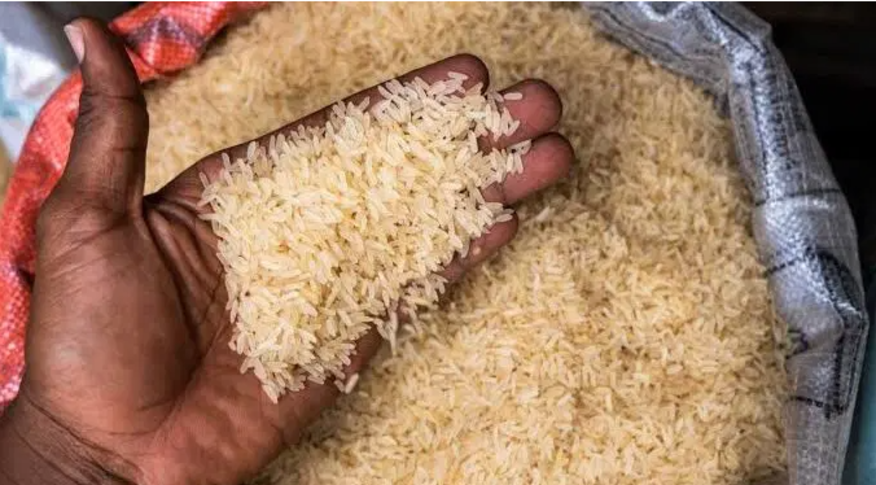Zimbabwe’s El Niño Drought Wreaks Havoc on Food Security and Socioeconomic Well-being
A devastating El Niño drought has left Zimbabwe reeling, with over 7.6 million people at risk of acute hunger and 5.9 million expected to face severe food insecurity early next year. The crisis has far-reaching consequences across sectors, including food and nutrition security, health, water resources, education, and livelihoods.
According to Deputy Spokesperson for the Secretary-General Farhan Haq, more than half of the harvest was destroyed, leading to widespread poverty and economic turmoil. The drought has strained Zimbabwe’s economy, with over a fifth of school-aged children now out of school. The United Nations Office for the Coordination of Humanitarian Affairs (OCHA) reports that over 45,067 children have dropped out of school, with 3,000 more compared to the annual average.
Children are particularly vulnerable to the effects of the drought, with 27 percent of them suffering from stunted growth due to widespread food insecurity and compromised diets. The World Food Programme (WFP) warns that children are at high risk of succumbing to famine, malnutrition, and disease.
Zimbabwean women are also highly vulnerable to the socioeconomic detriment caused by the drought, with increased rates of gender-based violence, sexual violence, domestic violence, and child abandonment reported. Rural communities, which account for the majority of the nation’s population, have been hit the hardest, with 35 percent of rural households accessing inadequate water services and 45 percent traveling more than half a kilometer to fetch water.
The drought has also had a devastating impact on the nation’s water supply, with many rivers being run dry and not expected to recover for years. This has led to a significant increase in the risk of contracting infectious and waterborne diseases, with 591 deaths reported between February 2023 and April 2024.
The United Nations is working with the Government to support response efforts, but the $429 million flash appeal launched in May is only about 11 percent funded. The humanitarian community is concerned that the scarcity and depletion of safe water resources could lead to an uptick in communicable diseases.
As the situation continues to deteriorate, it is essential that the international community comes together to support Zimbabwe in addressing this crisis and mitigating its effects on the country’s food security and socioeconomic well-being.



